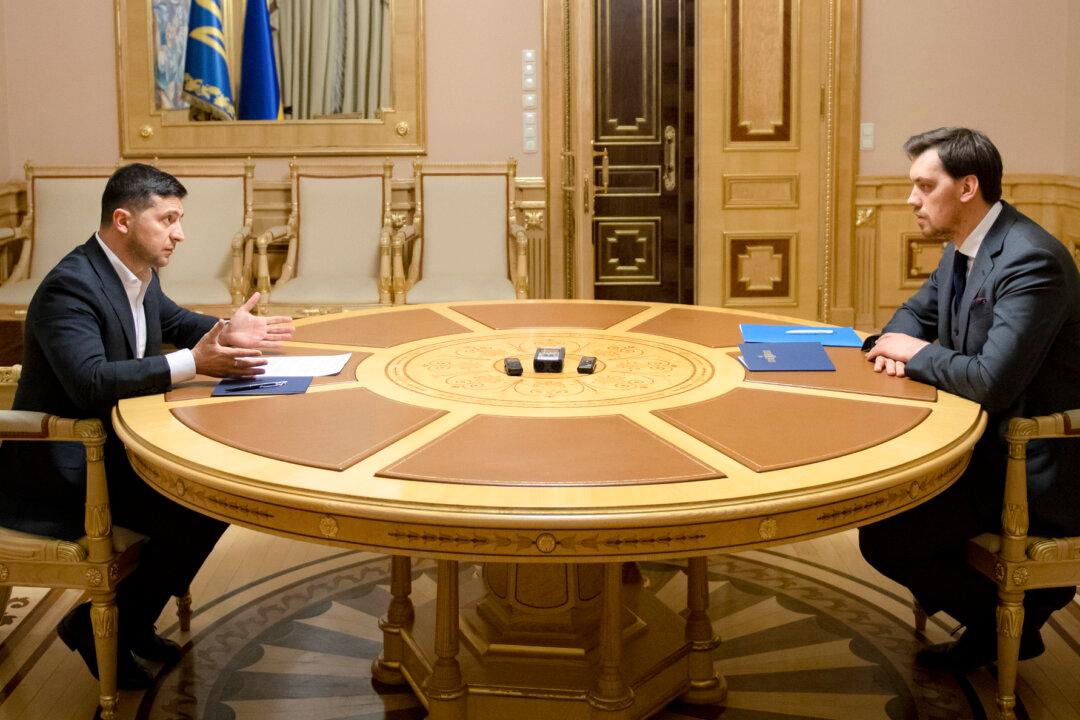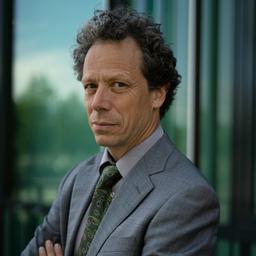Ukraine president Volodymyr Zelensky declined prime minister Oleksiy Honcharuk’s offer to resign after an audio recording of him criticizing the president’s “primitive” grasp of economics went viral.
Honcharuk did not deny him having made the remarks. However, he said the recordings were edited in such a way that would make it seem as if he was being disrespectful.





